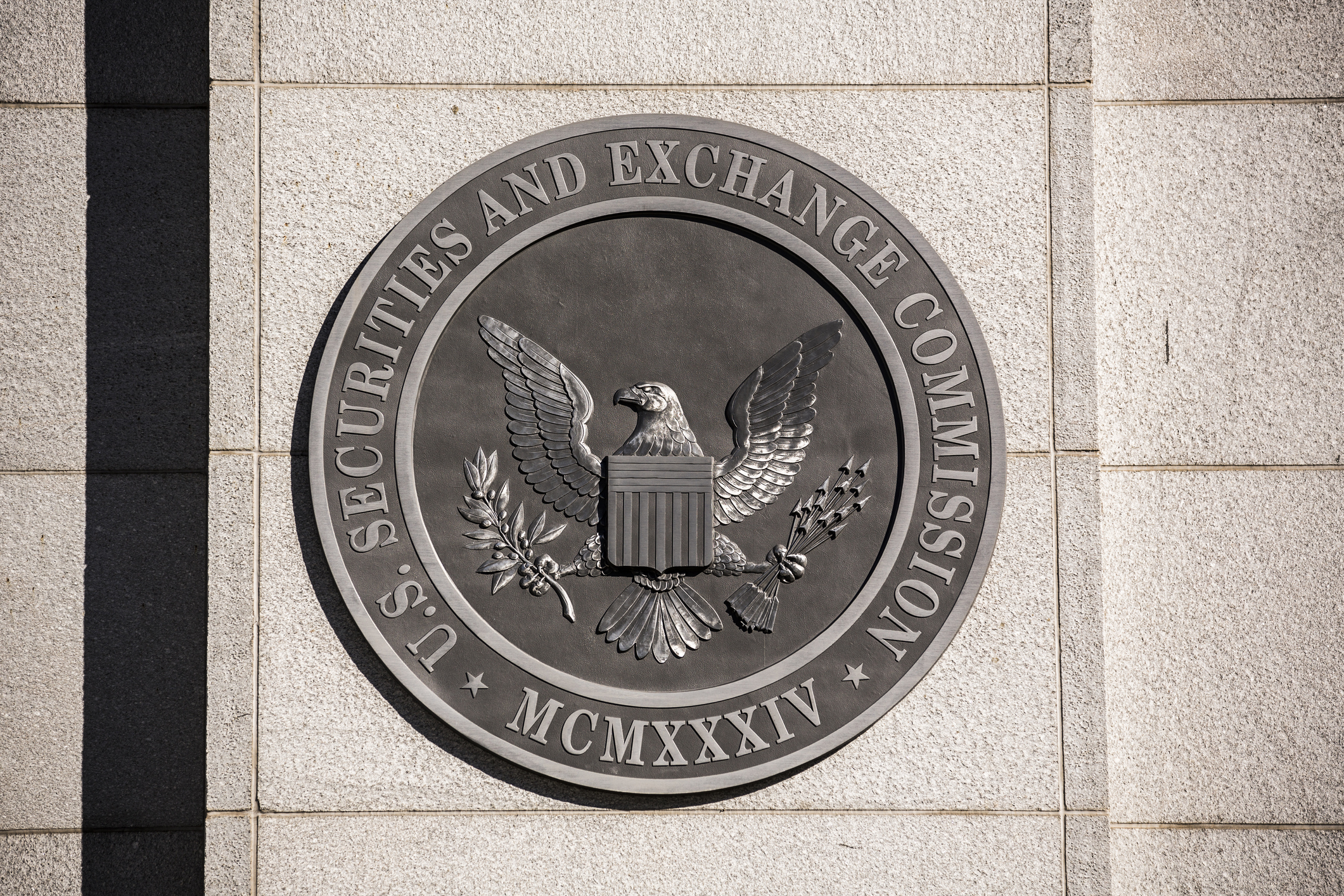By Michael Bright
The Securities and Exchange Commission has its heart in the right place as it moves to prevent transactions in which financial institutions bet against – or short – asset-backed securities that they also put together or underwrite.
Such deliberate conflicts of interest, which caused the markets to shudder a couple times not long ago, deserve to be stopped. But a new proposal by the SEC is more far-reaching than it intends and, in that way, could be harmful.
The proposal would restrict non-bank broker-dealers, asset managers, and other investors in ways that go well beyond the transactions that are troubling. It also would throw out many activities – legitimate sorts of hedging – that are vital to the funding and liquidity of the $14 trillion asset-backed securities markets.
Unfortunately, the Commission appears to want it both ways. In the press release announcing the proposed rule, the SEC says that it will only restrict the most egregious forms of trade violations and that normal hedging and market making will not be touched. But proposal’s list of “conflicted transactions” includes those types of activities.
Even interest rate hedging – the type of prudent risk management that Silicon Valley Bank should have used to avoid its recent collapse – appears to run afoul of the rules in this proposal. The SEC gives the impression it wants to retain maximum flexibility in oversight. But as written the rule would drain prudent risk management from the system.
Congress was clear in the Dodd Frank Act that the SEC must end conflicts of interest. But it also wanted to protect the healthy functioning of capital markets. The pending rule does not appear to achieve that balance.
What is needed is more time to examine and improve the proposal. Rushing the rule would hamstring the SEC from identifying unintended consequences and potentially would cripple the bond market, which is so important for both consumers and businesses. This SEC has repeatedly been asked by bipartisan members of Congress to provide the public more than thirty days to comment on complex rules.
It really does need to stop and listen. The SEC would be wise to take an extra minute to think about what it’s doing so it doesn’t throw the bond-market baby out with the bathwater.


